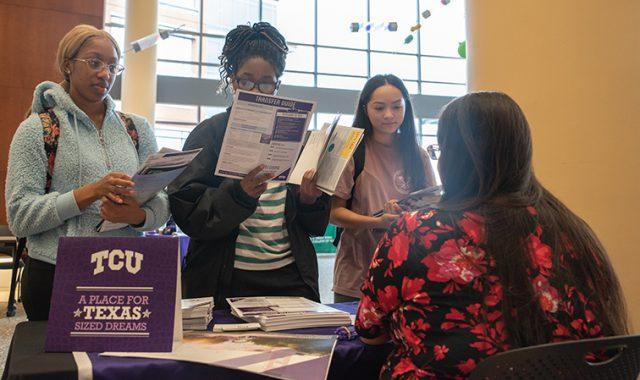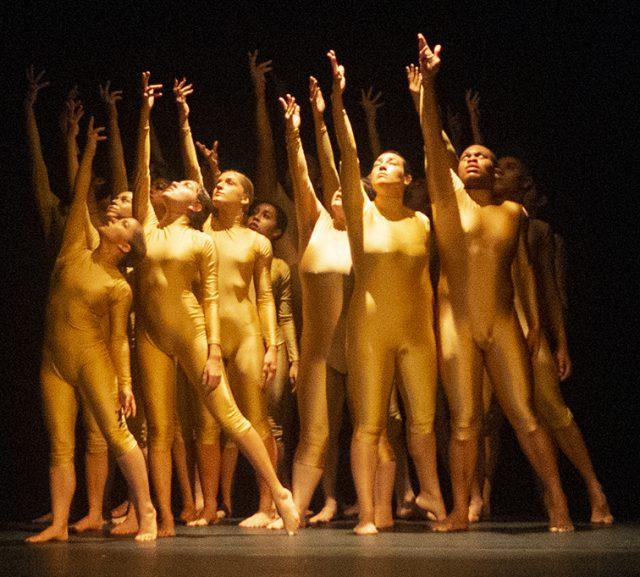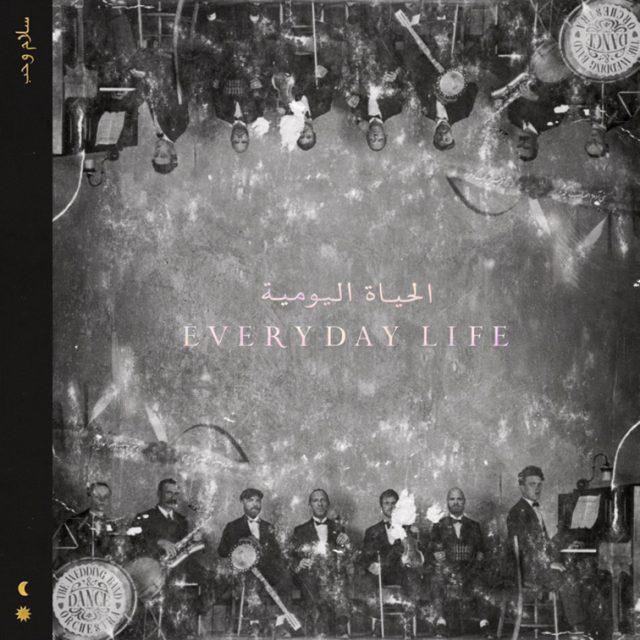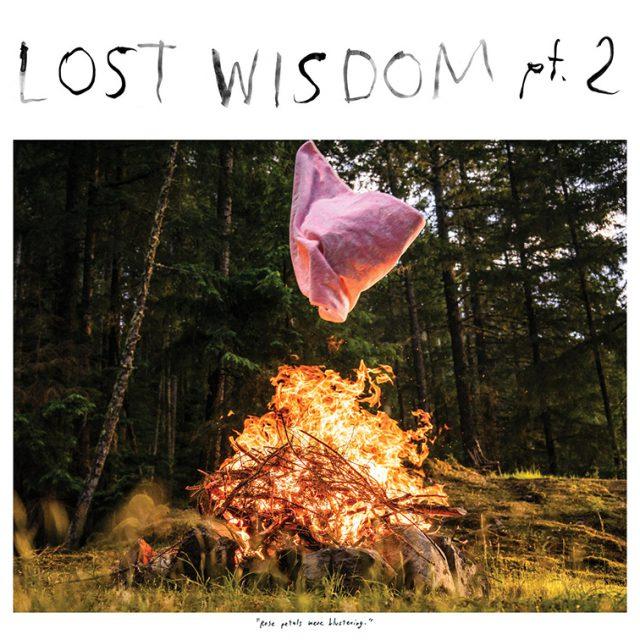| December 4, 2019 | Editorial |
|---|
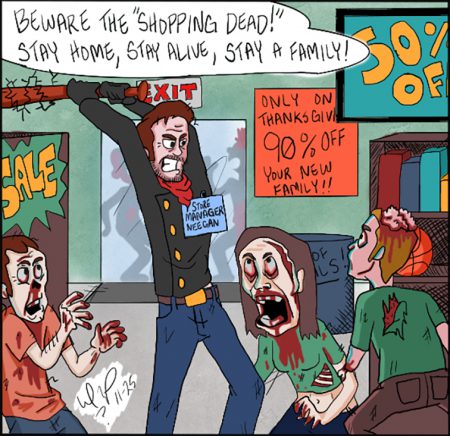
Black Friday, the U.S. biggest shopping day of the year, has fueled consumer culture to its breaking point and has taken extended holiday shopping hours to a new extreme at the expense of both workers and customers.
Thanksgiving and Christmas in the U.S. are cemented together by Black Friday, a retail bridge between the two holidays, a bridge crossed by Santa Claus in the Macy’s Thanksgiving parade. Traditionally, holiday shopping officially begins the next day.
Black Friday entices consumers to participate by offering irresistible deals on lots of popular products, especially electronics, apparel and toys. In the ever-present pursuit of profit, retailers have implemented a new tactic to grab more sales.
In 2009, the term Black Friday officially became a misnomer when Kmart opened holiday sales on Thanksgiving Day itself at 7 a.m. Other stores like Walmart, Best Buy and Sears followed suit in the following years by kicking off sales during the afternoon of Thanksgiving, hoping to take advantage of a few extra hours of profit.
Attempts to re-brand the day with the terms Gray Thursday or Brown Thursday never caught on, perhaps because the day was already called Thanksgiving.
Each subsequent year, more retailers were opening earlier on Thanksgiving Day, eager to rake in the profits from shoppers hell-bent on curating the best deals and deepest discounts.
Of course, retailers need employees to work on Thanksgiving if they expect to milk more sales out of this shopping holiday. For some employees and shoppers, this became a deal-breaker, and they have shied away from participating on that Thursday on principle as a result. Opening on Thursday has caused sales to decline for some stores.
Retailers such as H&M and Costco responded to the backlash by closing their stores for the Black Friday shopping holiday to allow employees to spend time with their families.
Starting sales in the evening hours of Thanksgiving creates problems for Black Friday shoppers as well. Part of the fun and challenge of this shopping day is getting into line early in the morning to be the first to access the best deals, which are always in limited supply.
When deals start on Thanksgiving evening, people who are first in line must sacrifice most of their day to have any hope of obtaining their ideal gifts. Lining up outside of a store to spend money should not have to trump spending time with loved ones when there was already a way to have the best of both worlds with Black Friday being on Friday.
The effort hardly seems worth it.
While some would hope for the demise of this hectic holiday altogether for a variety of reasons, a day like Black Friday is important to the U.S. economy and to the retailers that embrace this sales day.
The Black Friday phenomenon has spawned secondary shopping holidays such as Cyber Monday and Small Business Saturday. Spinoff holiday Prime Day on Amazon has tried to duplicate that uptick in revenue with limited success.
Thanksgiving Thursday is for turkey, football and togetherness. Friday, Saturday and Monday are for shopping. There is no need to cram both cornbread stuffing and consumerism down the throats of Americans on Thanksgiving Day. Let’s maintain some boundaries and dignity. Retail titans of America, please bring back the Black Friday of yesteryear. You know, the one on Friday only?


























